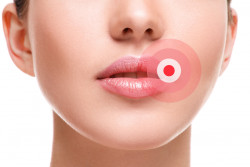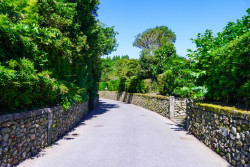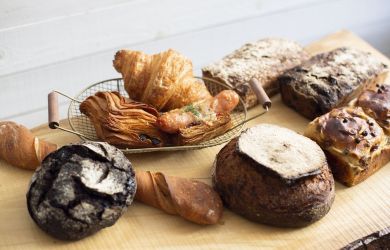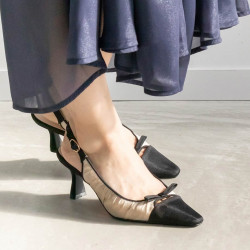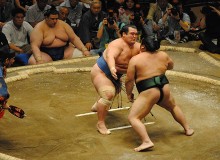
May 29, 2014
8 Ways to Live Healthy in the City
From ukon to qi gong, there's lots to be done
By Metropolis
Originally published on metropolis.co.jp on May 2014
1. Shop for Organic Online
There are a several great farmers’ markets around where you can pick up organic fruit and veg, but that means working a trip there into your weekend plans. Why not kill two birds with one stone and switch to organic as well as online ordering? This way you allay any nagging hidden-chemical fears and get your week’s supply of goodies delivered to your doorstep. Try www.super-organic.jp for a weekly medium-sized seasonal veggie box (¥5,450, free delivery) and www.alishan-organics.com for things like jams, baking supplies, soy meat and eco household products.
2. Switch to Raw Chocolate

Changing to a largely raw food diet will help your body cope with toxins you ingest from processed foods, smoky bars and exhaust fumes. But what do you do if you have an insatiable sweet tooth? At Natural Mart (http://naturalmart.jp) in Hiroo you can buy raw cacao powder, raw cacao nibs and coconut oil. Mix two tablespoons of each together, add one tablespoon of honey, combine well, pour into an ice tray to form individual chocolate squares and place in the fridge to set. What you end up with is a rich, raw treat that’s classed as a superfood to boot. Bonus tip: they also sell coconut sugar—a natural sugar that tastes as good without that blood-glucose crash.
3. Find the Nature
It really is on your doorstep. And it doesn’t necessarily have to come with hordes of fellow forest hunters à la the climb to the top of Mount Takao. Venture just a little further to somewhere like the Otama trail, which snakes along the Tama River in Okutama City, and the only people you’ll see along the way are fishermen. For sociable types, visit www.tokyosnowclub.com and sign up for guided adventure tours—contrary to what their name suggests, they do more than just ski trips.
4. Eat Japanese Food
Once you realize the health benefits of traditional local foods, it puts a whole new spin on embracing a Japanese diet. Try gobo (burdock root) for digestion—it actually stimulates the growth of healthy gut bacteria; goya (bitter melon) to lower blood sugar levels; collagen to reduce wrinkles; and fermented foods like miso, tsukemono (Japanese pickles) and natto to reduce cholesterol, boost the immune system and support digestion.
5. Embrace Acupuncture
If those 30-minute lunchtime massages are just not cutting it, let Dr. Junji Ono (www.junjiono.net) work his magic on tight muscles and angry knots. Based in Shibuya, Dr. Ono has earned a reputation for having a “one-shot acupuncture clinic” because his treatment works so quickly that often patients only need one session. He’s Chinese, but also speaks Japanese and English.
 6. Discover Wonderful Ukon
6. Discover Wonderful Ukon
It makes food taste good, helps prevent heart disease and cancer, and can cure a hangover. Turmeric, or ukon in Japanese, is believed to be one of the most powerful medicinal herbs out there. And the good news is you don’t have to resort to holding your nose and swigging a shot of the powder—you can buy it in pill form from any drugstore (about ¥1,500) or as part of the hangover prevention drink Ukon no Chikara (about ¥180), available from most supermarkets and convenience stores.
7. Buy Bamboo Charcoal
The Japanese have been using takesumi (bamboo charcoal) for thousands of years, and the kind they produce is said to be of the highest quality. Buy it from supermarkets (or Kenko.com and Amazon.jp, etc.) and keep it in cupboards or the fridge to absorb smells and balance humidity. Grind it down (or buy it in powdered form) and use it to whiten teeth and absorb toxins from the body. More info: http://meturl.com/takesumi
8. Calm Down with Qi Gong
You can’t avoid the rush in a city like Tokyo, but you can consciously decrease your stress levels through practices like Tai Chi and Qi Gong, both of which are traditional Chinese arts designed to cultivate qi, or life energy, thereby improving health and helping you cope better with qi-depleting stress. The Mei Quan Academy of Taiji (www.meiquantaichi.com) is centrally located in Roppongi and offers classes in English from ¥15,000 for a six-week course.

